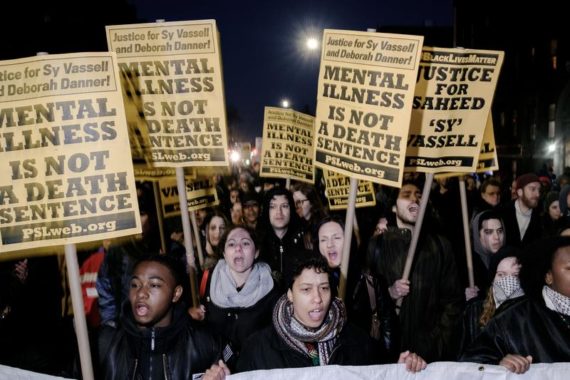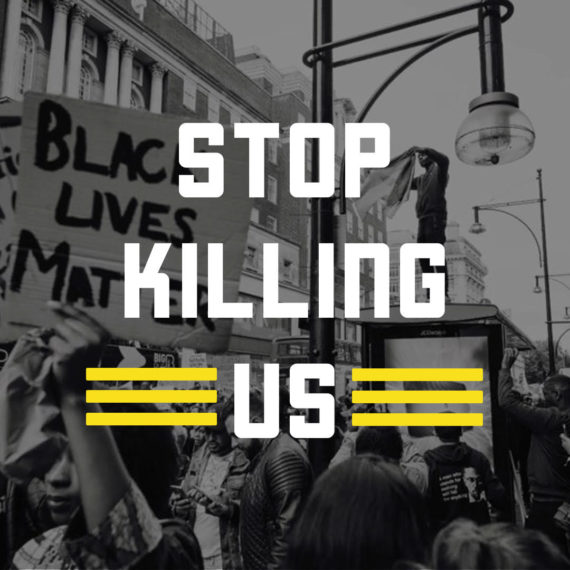
(6-15-20) In an opinion editorial published by the Washington Post today, I call for shifting responsibility for the seriously mentally ill away from the police to community social services and the medical community.
Mental Illness Is A Health Issue, Not A Police Issue
(Reprinted From The Washington Post)
By Pete Earley
Pete Earley is the parent designee on the Interdepartmental Serious Mental Illness Coordinating Committee, which advises the federal government about mental health reform.
Americans with mental illnesses make up nearly a quarter of those killed by police officers, according to The Post’s Fatal Force database. Meanwhile, a cumulative list shows 115 police officers have been killed since the 1970s by individuals with untreated serious mental illnesses.
It doesn’t have to be this way. The movement underway to “defund the police,” is a long-needed moment to shift responsibility for the seriously mentally ill away from police and put it back to where it belongs: on social service agencies and the medical community.
Forty percent of adults with serious mental illnesses will come into contact with the criminal justice system during their lives. Each year, 2 million of them are booked into jails. Most are charged with minor misdemeanor crimes and low-level felonies directly tied to their psychiatric illnesses. Jails and prisons currently hold more people with serious mental illnesses — 365,000 individuals — than hospitals. They remain in jail four to eight times longer than people without mental illnesses charged with the exact same crime, cost seven times more than other inmates in jail, are less likely to make bail and more likely to gain new charges while incarcerated.





